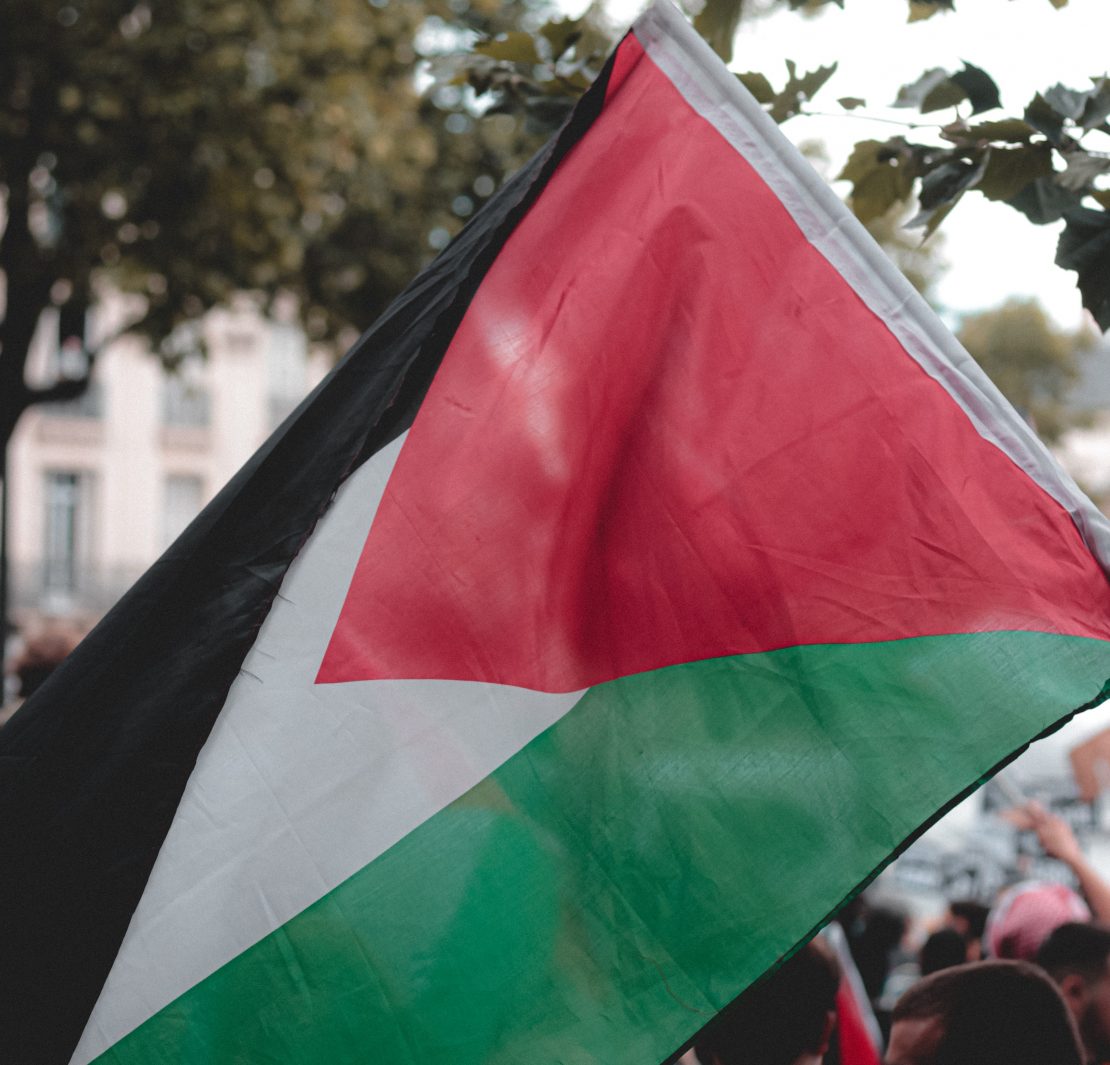Over the past couple of days over 290 people, including an Indian national, have lost their lives in violent clashes in Sudan.
Earlier this week, fighting erupted in the capital city of Khartoum and other cities in Sudan as rival military factions battle for control, increasing the risk of a nationwide civil war.
Sudan has seen political tensions constantly for decades – the current conflict dates back to 2019 after Sudan’s long-term authoritarian President Omar al-Bashir was overthrown. In 2021, the Sudanese military and the powerful paramilitary group, the Rapid Support Forces (RSF) staged a second coup, halting the transition to a democratically elected government and suspending the constitution. The move triggered new mass pro-democracy rallies across Sudan that continue until today.
The RSF and the army have worked as allies since then. But tensions increased over the proposed integration of the RSF into the military. The key question is who is in control and who would be the military’s commander-in-chief during an integration period. Analysts think that this is a power struggle for control of the country, as much of the fighting has centred around locations such as the presidential palace, SAF’s military headquarters and Khartoum’s airport.
The paramilitary group says it has taken control of the Presidential Palace and Khartoum International Airport in an apparent coup attempt. Military chief Abdel Fattah al-Burhan has rejected the claims.
The RSF evolved from so-called Janjaweed militias, which fought in a conflict in the 2000s in the Darfur region, where they were used by the government of long-ruling President Omar al-Bashir to help the army put down a rebellion.
The conflict displaces an estimated 2.5 million people, while 300,000 lost their lives.
International Criminal Court prosecutors accused government officials and militia commanders of genocide, war crimes and crimes against humanity in Darfur.
Over time, the militia grew. It was made into the RSF in 2013, and its forces were used as border guards in particular. In 2015, the RSF along with Sudan’s army began sending troops to fight in the war in Yemen alongside Saudi and Emirati forces. In a 2015 report, Human Rights Watch described its forces as “men with no mercy”.
Many countries in the region, as well as major powers like the United States, have called for an end to hostilities, and efforts to secure a cease-fire are ongoing. There is still a chance to prevent the situation from escalating further.
Earlier today, Sudan’s paramilitary Rapid Support Forces (RSF) announced a 72-hour ceasefire on humanitarian grounds from 6 p.m. Friday local time. “We note that the truce coincides with the blessed Eid al-Fitr and to open humanitarian corridors to evacuate citizens and provide them with the opportunity to greet their families,” RSF said in a statement. Eid al-Fitr, which marks the end of the Islamic holy month of Ramadan, falls on Friday this year.
Meanwhile, a lot of countries are closely monitoring the situation – trying to figure out a way to evacuate their own citizens caught in the crossfire. Among those stranded in Sudan, are nearly 1,500 Indian nationals. On Thursday, India advised its citizens in Sudan to shelter in place amid the intense fighting between the regular army and a paramilitary force, with officials saying New Delhi has contingency plans in place to ensure the safety and security of nationals. The citizens are reportedly facing a shortage of electricity, food and water along with looting by the paramilitary side – making the situation extremely difficult and dangerous.
The Ministry earlier set up a dedicated Control Room (toll-free number 1800118797) for the Indian nationals caught in multiple locations across Sudan.
Even as it is exploring options to evacuate its citizens caught up in the conflict, India has refrained from joining the United States, France, Germany and several other nations to condemn the violent clashes. According to Deccan Herald, External Affairs Minister S Jaishankar spoke to his counterpart in the Egyptian Government, Sameh Shoukry on Thursday.
The fighting near the Khartoum airport has prevented any country from evacuating its citizens. The UN’s substantial presence in Sudan though might facilitate evacuations and ensure supplies of essentials to those stranded in the country.
The Indian embassy in Khartoum is also located near the airport. While not being present physically in the building, the officials continue to work as usual.




